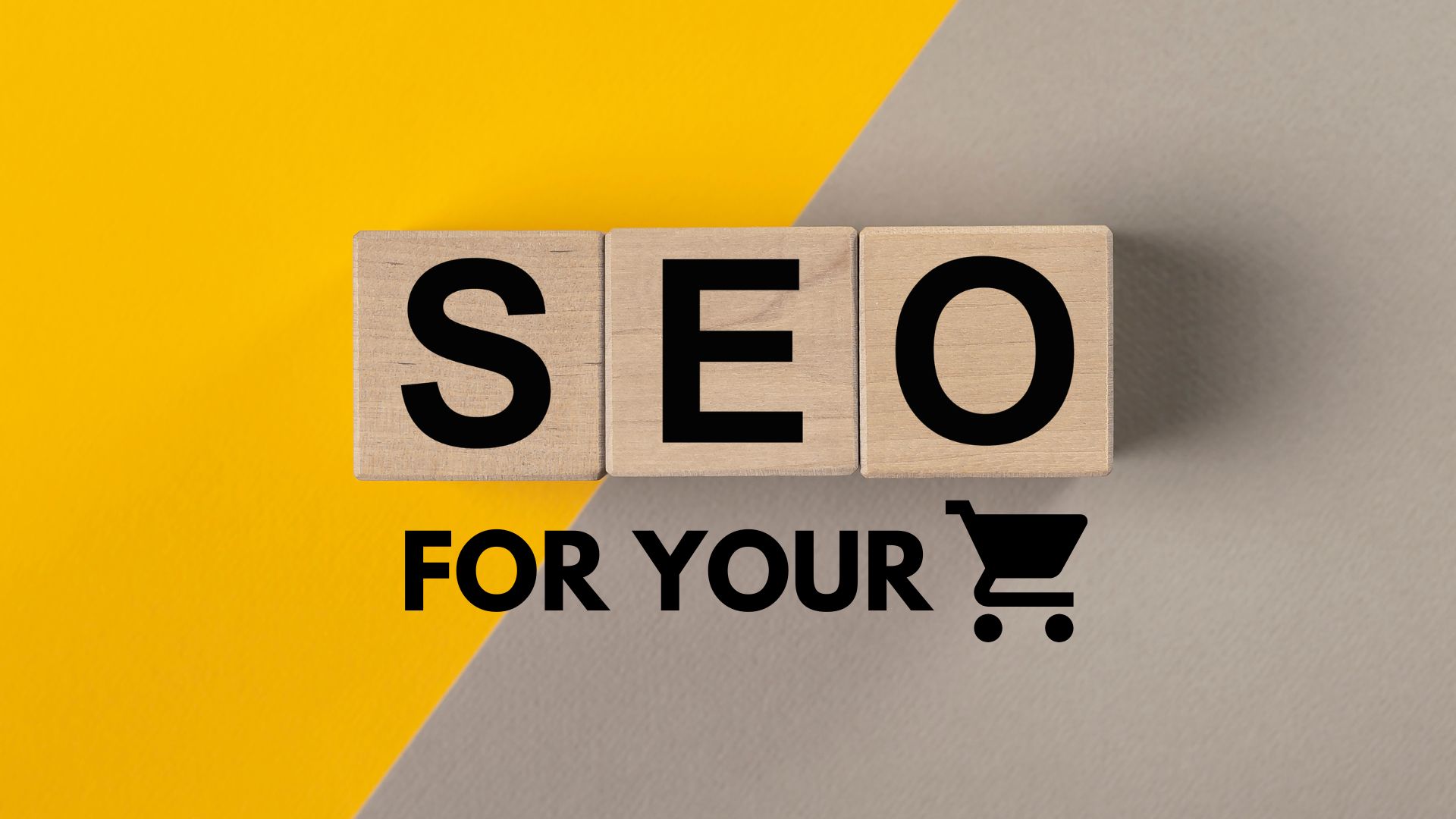Your online shop is up and running. Your products look great. What’s next? Execute an SEO (search engine optimization) strategy and start bringing qualified traffic to your site via search engines like Google, Bing, and Yahoo! This is the traffic you receive – for free – when people find you in their search results.
SEO is a critical component of any successful digital marketing strategy. It’s the process of optimizing website pages to be more visible to search engines and ultimately reach a wider audience. SEO can dramatically improve the visibility of a product page and lead to increased traffic, exposure, and more importantly – sales.
As customers continue to use search engines on their devices to discover products, SEO becomes more important than ever for your product pages. In this blog post, we discuss the importance of SEO for product pages and how to effectively optimize them:
- We’ll take a look at the various factors involved in SEO
- What parts of your product page to optimize
- What you need to do to help your product pages rank higher in search engine results pages (SERPs)
Ultimately, we’ll demonstrate how powerful an SEO strategy can be when it comes to helping your product pages rank better on search results and reach more customers.
Start with a Keyword Strategy
Having an effective keyword strategy is essential for optimizing eCommerce product pages. What’s the mission here? Deciding which search terms have the (a) relevance and (b) the search volume to bring you customers that are likely to buy.
For instance, let’s say I run an Italian Restaurant in Miami Shores, a village in Miami, FL. My first thought is to optimize my page for “Italian restaurant in Miami Shores.” Why? Because when people search this phrase, I want my website to be a top search result in Google. But once I do the research I find that this is not a good idea.
Using the SEO tool Ubersuggest, I find that approximately “0” searches are made for this phrase every month. Why optimize my page for a phrase no one is searching for? Digging further, I found that the phrase “Italian Restaurant in Miami” gets 6.6K searches per month. I would be part of more search results if I optimize for that keyword phrase instead.
That’s a simplified example of a keyword strategy, but you get the idea. As a business, I need to discover the keywords that are relevant to my restaurant, and have enough volume to land more customers. Go do some research. We recommend Google Keyword Planner, Ubersuggest, MOZ, or SEMrush – and see what you learn about your business.
Choose a descriptive product name.
Your product’s name should be descriptive, brief, and possess high-volume keywords that are relevant to the product. Your keyword research and strategy will help you decide the product name.
Another reason you should use a descriptive product name is that it can also increase a customer’s confidence in the product, nudging them one step closer to making a positive buying decision.
Keyword optimize your product description
Choosing a keyword optimized name for your product is important, but it’s on the description where you can expand which phrases influence search results. By adding effective keywords, you can increase the probability that your product pages will show up in search results for the right people. It’s important to keep in mind that when it comes to keyword optimization, you should always prioritize quality content over keyword stuffing (ie: adding keywords just to get the attention of search engines). Your customer should be first.
What tags? ALT tags.
Search engines and bots read text, not images. This is why it’s important to always add image alt tags when posting images online. Image alt tags are alternate text that is used to describe the purpose and content of the image. This is beneficial for both users and search engines. For users, it helps to further understand the context of the image, as these tags are often displayed when the image fails to load or when you mouse over them. When search engines such as Google index the alt tags of the image, it helps them understand how the image relates to the content. Additionally, with the growing use of assistive technologies such as screen readers, alt tags are essential for visually impaired users. Therefore, for the best user experience and SEO optimization, always use image alt tags.
Real Reviews from Real People
Social proof is powerful stuff that can tip a customer your way (instead of the competition). Reviews are a great way to improve SEO on your eCommerce product pages. Having users provide reviews and ratings of your products can lead to more organic traffic from search engines, as they will be able to see that the products are popular and have a lot of engagement. Reviews can also help customers make more informed decisions, which can lead to more sales. Including reviews in your product pages can also help to build brand trust and lead to more social media sharing – all of which can also improve SEO.
Conclusion
There are many factors that build up your SEO. But if you remember and follow these steps, you’ll see your page get stronger rankings and higher traffic:
- Do your keyword research. Choose the phrases that will bring you the most qualified traffic.
- Choose a product name that has a searchable quality. Sometimes, being clever can hurt your rankings. Stick to your research and choose a name that has your keywords in it.
- Write a keyword-optimized description. Do we say it again? Stick to your keyword research.
- Add alt tags for ALL your images. The easiest tactic to implement and very influential in rankings.
- Encourage reviews (good ones). It’s one thing if you say you’re great, and another if complete strangers rave about you. Let them rave.
Implement these tactics, and let us know how it goes. Remember, it will take time for your rankings to improve – sometimes weeks. So be patient. Results are coming.




